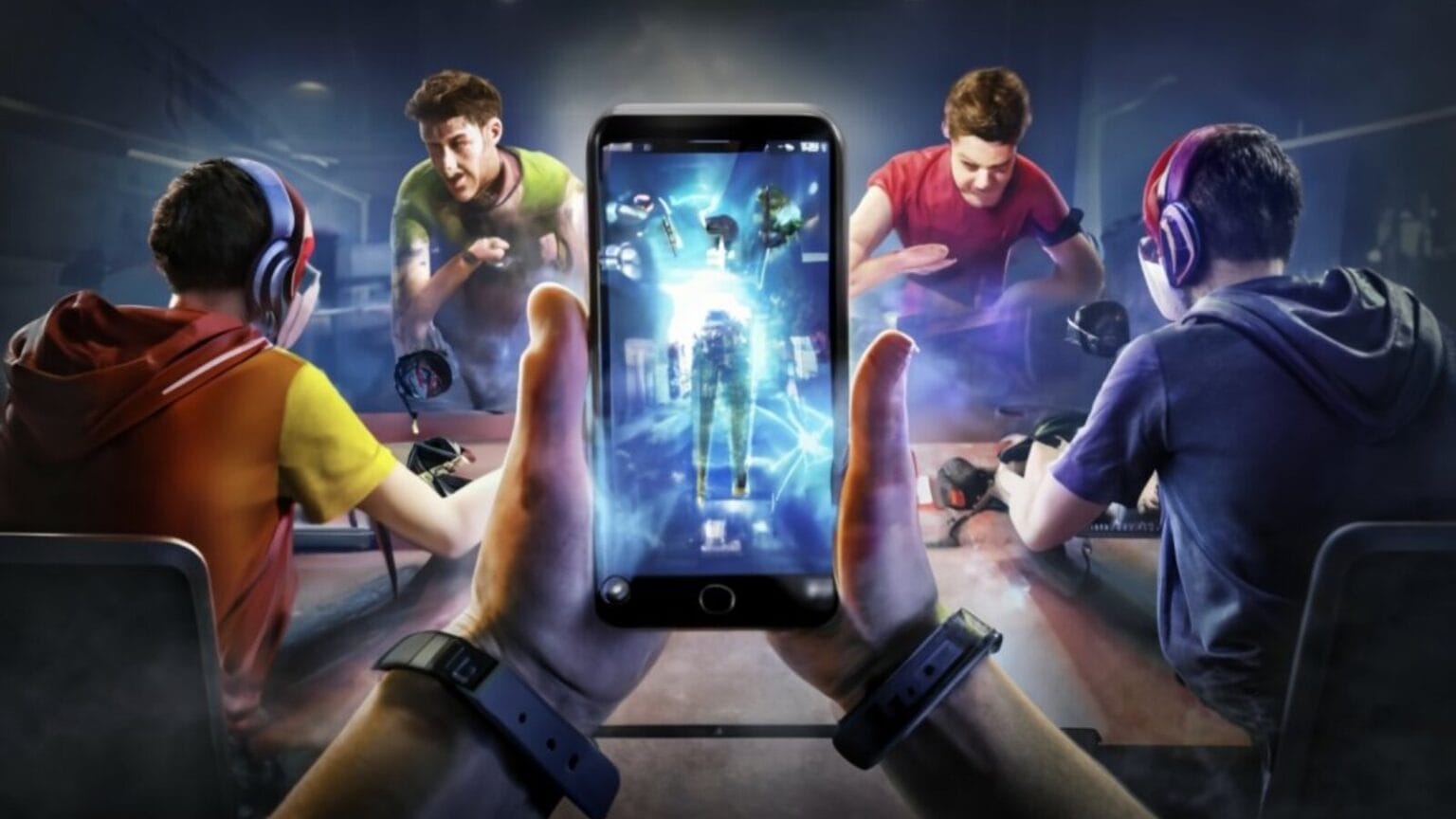
Online ผลบอล has evolved from a niche hobby into a global phenomenon, reshaping how we think about entertainment, socialization, and even work. With millions of players across the globe, the online gaming industry is no longer just about playing games but also about creating communities, fostering connections, and even transforming the way we experience virtual worlds. In this article, we explore the rise of online gaming, its profound impact on various aspects of society, and how it’s set to shape the future of entertainment.
1. The Rise of Online Gaming: From Arcade to Internet
The history of online gaming dates back to the early 1970s, but it wasn’t until the 1990s that internet gaming started to take shape. Early games like MUD (Multi-User Dungeon) and Doom laid the groundwork for multiplayer online gaming experiences. With the introduction of high-speed internet in the late ’90s and early 2000s, online gaming truly took off, with titles like EverQuest, World of Warcraft, and Counter-Strike offering gamers the ability to connect and compete on a global scale. The rise of broadband internet, faster processors, and online infrastructure has been crucial in driving the expansion of online gaming.
2. Gaming as a Social Platform: Connecting Players Worldwide
One of the most transformative aspects of online gaming is its ability to connect players worldwide. Through in-game communication tools, voice chats, and live-streaming platforms, players can form global communities. Online gaming has become a space where players can meet new people, collaborate with teammates, and share experiences in real time. Multiplayer games like Fortnite and Minecraft allow players not only to play together but also to interact through social features like group chats and guilds, fostering a sense of belonging and social engagement. This level of connectivity has turned gaming into a social activity akin to any other form of communal interaction, like going to a concert or a sports event.
3. The Explosion of Esports: A Global Competitive Phenomenon
Esports has become one of the fastest-growing sectors in the entertainment industry, with competitive gaming events attracting millions of viewers. Titles like League of Legends, Dota 2, Overwatch, and Valorant have elevated competitive gaming to professional levels, with players earning sponsorships, salaries, and tournament prizes. Esports has evolved from informal tournaments to globally recognized events, such as The International (Dota 2) and the League of Legends World Championship. As the industry continues to grow, esports has been embraced by traditional sports organizations and is even recognized as a medal event in international competitions like the Asian Games.
4. The Free-to-Play Revolution: Monetizing Gaming Without Barriers
The introduction of the free-to-play (F2P) model has revolutionized the gaming industry. By offering free access to a game while providing the option to purchase in-game items or cosmetics, developers have made games accessible to a much wider audience. Games like Fortnite, Apex Legends, and Valorant have demonstrated that players will invest in games if the experience is enjoyable, and the microtransactions are fair. The F2P model has not only increased the number of players but also created entirely new revenue streams for game developers, shaping the future of online gaming and monetization.
5. Mobile Gaming: The Gateway to Gaming for All
Mobile gaming has drastically expanded the reach of online gaming, allowing people to game anytime, anywhere. Smartphones have made gaming more accessible than ever, enabling players to enjoy games ranging from casual puzzle games like Candy Crush to action-packed titles like PUBG Mobile and Call of Duty: Mobile. The widespread availability of mobile gaming has democratized access to entertainment, allowing people who may not have access to traditional gaming consoles or PCs to enjoy high-quality experiences. As mobile hardware continues to improve, the line between console and mobile gaming continues to blur, making mobile gaming a cornerstone of the gaming ecosystem.
6. Virtual Reality and Augmented Reality: The Next Evolution of Gaming
Virtual Reality (VR) and Augmented Reality (AR) are technologies that promise to take online gaming to new levels. VR gaming provides a fully immersive experience, where players step into virtual worlds and interact with their environments in 360 degrees. Games like Beat Saber and Half-Life: Alyx demonstrate VR’s potential for a more visceral, engaging experience. On the other hand, AR blends the digital world with the real one, as seen in Pokémon Go, where players can catch virtual creatures in real-world locations. As VR and AR hardware becomes more accessible and refined, we can expect these technologies to redefine what gaming can be, creating deeper, more interactive experiences.
7. Streaming and Content Creation: The New Entertainment Industry
The rise of streaming platforms like Twitch, YouTube Gaming, and Facebook Gaming has transformed gaming from a solitary activity to a form of entertainment that is just as enjoyable to watch as it is to play. Streamers have become celebrities, entertaining millions with their gameplay, humor, and personalities. Platforms like Twitch allow viewers to interact with streamers in real-time, fostering a sense of community around games and creating new forms of social engagement. For many content creators, streaming has become a full-time career, with opportunities for sponsorships, donations, and brand partnerships. This transformation has led to gaming becoming an integral part of the broader entertainment industry, alongside traditional forms of media like TV, movies, and music.
8. The Digital Economy: Virtual Goods and Real-World Money
The economy surrounding online gaming is complex, with virtual goods and currencies now holding real-world value. In many games, players can buy, sell, or trade virtual items such as skins, weapons, or characters. These virtual goods have become an important part of the gaming experience, especially in games like Fortnite, Counter-Strike: Global Offensive, and Dota 2, where rare and exclusive items can be sold for significant amounts of real money. In some cases, players have even made a full-time living by trading virtual items or offering services like account boosting. This digital economy is a testament to how online gaming has become more than just a pastime; it has become a viable source of income for some.
9. The Educational Potential of Gaming: Learning Through Play
Online wwwufa168 has begun to carve out a place in education, as teachers and institutions recognize the value of gaming in promoting learning. Games like Minecraft: Education Edition and SimCity allow players to engage in problem-solving, critical thinking, and creativity, skills that are vital in education. These games encourage students to collaborate, innovate, and think strategically, offering hands-on learning experiences that traditional educational tools may not provide. Gaming has proven effective in teaching everything from mathematics to history and science, using virtual worlds to create immersive, interactive learning environments.
10. Mental Health and Gaming: The Benefits and Risks
Online gaming has been shown to have both positive and negative effects on mental health. On the positive side, games offer stress relief, a sense of achievement, and a way to escape from the pressures of daily life. Multiplayer games, in particular, help foster social connections and teamwork, which can be beneficial for mental well-being. However, excessive gaming can lead to problems such as addiction, anxiety, and social isolation. The gaming community has become more aware of these risks, and many developers are implementing tools to promote healthy gaming habits, such as time management features and resources for players experiencing difficulties with gaming addiction.
11. The Future of Online Gaming: Cloud Gaming and Cross-Platform Play
As technology continues to evolve, so too does the future of online gaming. One of the most promising developments is cloud gaming, which allows players to stream games directly from the cloud without the need for high-end hardware. Services like Google Stadia, Xbox Cloud Gaming, and NVIDIA GeForce Now are already changing the way people play by removing the need for expensive consoles or PCs. Additionally, cross-platform play is becoming more common, allowing players on different devices, whether it’s a PC, console, or mobile, to play together seamlessly. These advancements promise to make gaming more accessible, inclusive, and connected than ever before.
12. Inclusion and Diversity in Gaming: A More Inclusive Future
The gaming industry has made strides toward being more inclusive and diverse in recent years. Developers are increasingly featuring characters from a wide range of backgrounds, genders, and ethnicities, with games like The Last of Us Part II and Overwatch representing diverse communities. However, there is still progress to be made in terms of gender representation and addressing toxicity in gaming communities. Many developers and organizations are working toward fostering a more welcoming environment for players of all backgrounds, and the push for inclusivity in both games and the industry as a whole continues to grow.
Conclusion
Online gaming has come a long way from its early days, transforming into a global force that shapes entertainment, culture, and social interaction. From competitive esports and virtual economies to mobile gaming and educational applications, online gaming is influencing every aspect of modern life. As technology continues to advance and new platforms emerge, the future of online gaming promises even more innovation and exciting experiences for players across the globe. Whether through immersive virtual reality, cloud gaming, or socially connected multiplayer experiences, online gaming is here to stay, and its impact will continue to be felt for years to come.


